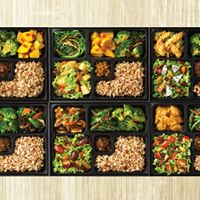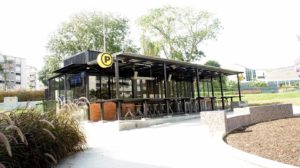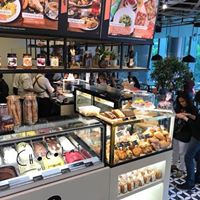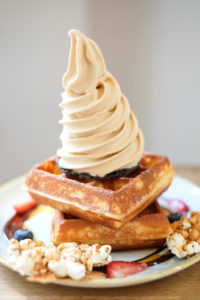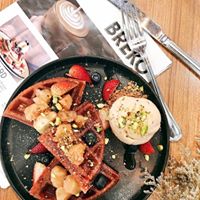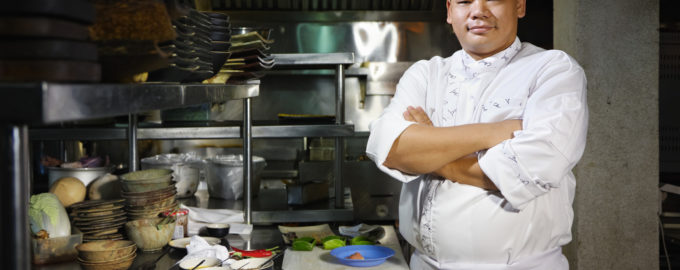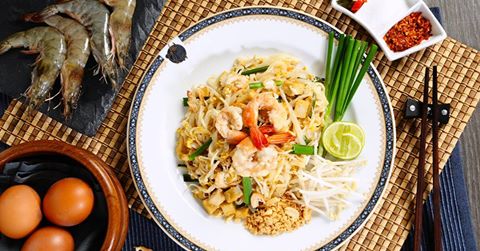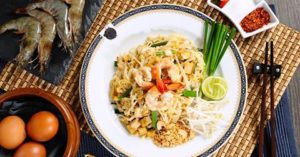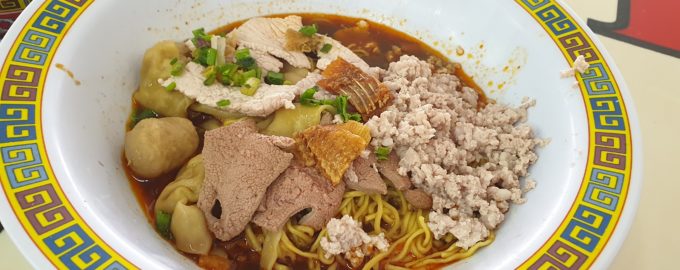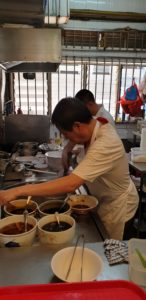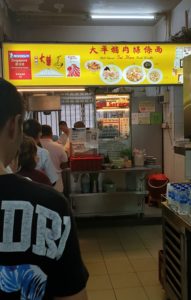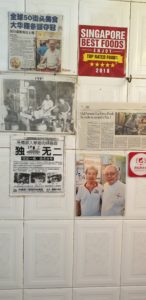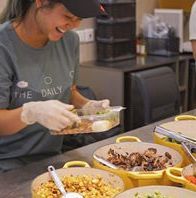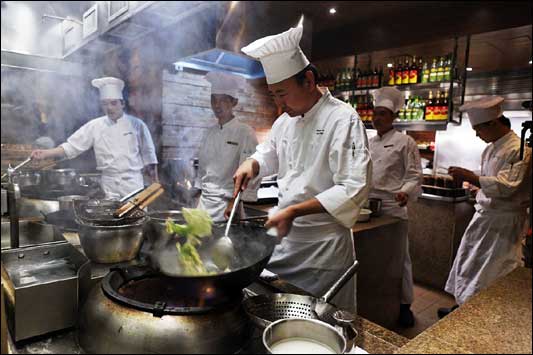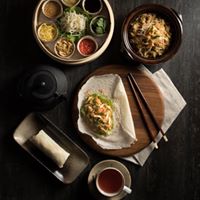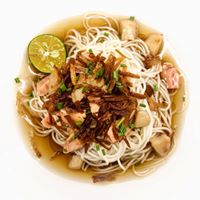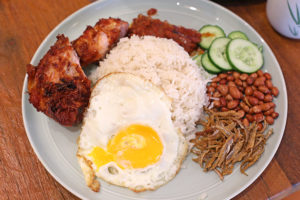Astons
From East Coast Road to Suntec City Mall, there is usually a queue at any Astons restaurants, where you can enjoy a Prime Sirloin or Ribeye steak for under $20. From its humble beginnings at a kopitiam stall, Astons is now a global F&B business.
Founder Aston Soon started in the F&B industry when he worked at the now-defunct American chain Ponderosa. During his stint there, he took on multiple roles and over time, his hard work was recognised and eventually became a manager. His time at Ponderosa presented him with the opportunity to experiment with various Western cuisines, including cooking steaks.

CC
Soon after, he ventured out on his own and invested $35,000 to set up Astons Specialities. It started off in a coffee shop stall along East Coast Road, which serves quality western cuisine at pocket-friendly prices. Although it was physically tiring, business did extremely well. The value-for-money steaks fueled the growth of regular customers. Soon, the stall gained a huge following and media interest. Astons broke even in just six months.
As demand grew, Astons Specialities moved into a restaurant space a few doors down the following year. With the exception of his first kopitiam stall, the startup costs of his subsequent outlets were reinvested from the revenue of his F&B business. In 2009, Astons achieved an annual turnover of $12 million in just four years.
Today, Astons restaurants are divided into four categories — Astons Steak & Salad, Astons Specialities, Astons Express, and Andes by Astons. Astons is now a global F&B group with 11 brands under its name, such as Aji Ichi, Bizen Wagyu Steakhouse, Chic-a-boo Fried Chicken, East Treasure Chinese Restaurant, Javier’s Rotisserie & Salad, Man Le (hotpot buffet), Sedap Mania, and The Ranch Steakhouse.
Aston said that his business proposition is offer value-for money with quality food, while maintaining consistent standards. He is also planning to increase its international footprint, either through franchise or joint venture.
Greendot
As we are becoming more health-conscious (and some environmentally so), it is no surprise that Greendot – a restaurant that offers meatless bento meals – has become a go-to option for many Singaporean diners.
As a vegetarian, Justin Chou found it difficult to buy his meals in school canteens. His own struggle turned into a goal to provide an option for the vegetarian students in school. While he was still at National University of Singapore, Justin, Yong Hong (his secondary school classmate) and a few other partners created a meatless bento brand. They managed to sell 4000 bento boxes as an experiment, and used the results to secure a tasting session with Temasek Polytechnic. They got the stall and Greendot was born in November 2011. Juggling with school work and ruuning the business was very challenging. However, their effort paid off, as the stall began to attract queues and regular customers. It was a steep learning curve for them due to their inexperience and they had to be at the stall daily to fight fires.
In 2012, they opened their second stall in Chung Cheng High School’s canteen.
To create public awareness of their brand, they decided to move on to open restaurants to reach out to more customers. To have a higher chance of succeeding overseas, they adopted a franchise model to test and fine-tune their system. After moving out of schools, they opened the first Greendot casual restaurant at Paya Lebar Square in December 2014. The first weekend we closed early because there was not enough food. Eventually overcoming the lack of manpower and other issues, they began franchising, and opened 3 outlets in 3 months in 2016.
Now, there are 12 Greendot outlets across the island, each serving about 300 meals daily (https://www.greendot.sg/contact-us-outlets/)
In 2017, Yong Hong worked with Lotus Vegetarian Restaurant to open Lotus Kitchen in Chinatown Point, and merged the Lotus and Greendot brands under one roof.
Yong Hong is now the CEO of Greendot Group, overlooking more than 100 employees.
At 25, Eldwin Chua took over his grandfather’s coffeeshop at Defu Lane. That coffeeshop eventually grew to become Paradise Group, the restaurant empire we all know today. When the tze char stall owner decided to leave, he took over the stall, running it with an assistant chef and a helper. He then turned the tze char stall into a restaurant by buying the 25-seater coffeeshop from his grandfather for $10,000 in 2002.
In the early 2000s, Eldwin started experimenting with a new and unique sauce flavour for a crab dish and their signature creamy butter white pepper sauce crab was created.
In 2007, Eldwin also opened his first high-end restaurant Taste Paradise at Mosque Street.
In 2009, business boomed and he opened the first Seafood Paradise restaurant at the iconic Singapore Flyer and his brother, Edlan Chua became the COO of the company. After that, he decided to expand the Paradise brand, and that began the start of the Paradise empire.
They introduced colourful Xiao Long Bao, which is now ubiquitous at Paradise Dynasty restaurants.
If you are looking for a place to celebrate your grandparents’ birthdays without breaking the bank, Paradise Teochew and Canton Paradise are your best bet.
The OG Seafood Paradise brand is self-explanatory, and is no stranger to the loyal customers who have patronised the restaurant since its Defu Lane days.
Paradise Dynasty specialises in serving a variety of Chinese cuisines – like the Shanghainese Xiao Long Bao and Poached Slice Fish in Szechuan Chilli Oil – in a setting that is reminiscent to an ancient Chinese court, with a modern twist.
Paradise Classic (previously known as Paradise Inn) is the upscale version of the classic tze char fare.
And for the hotpot-loving young adults, Paradise Hotpot and Beauty In The Pot are the go-to restaurants.
LeNu is a casual dining concept that specialises in Taiwanese beef noodles, while One Paradise is the group’s catering arm.
In 2011, they also ventured abroad for the first time, opening a store in Indonesia.
They are now located globally and you can have a taste of Paradise in 11 countries.
These F&B founders proved that even if you start off at a small food stall, you can one day own a food empire through hard work, grit and rolling up your sleeves to wash the dishes when the aunty calls in sick.
